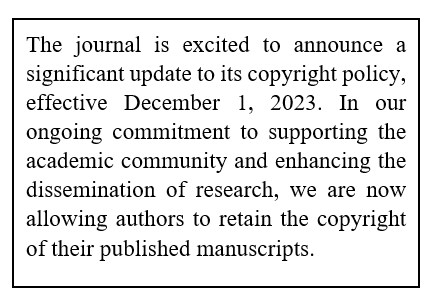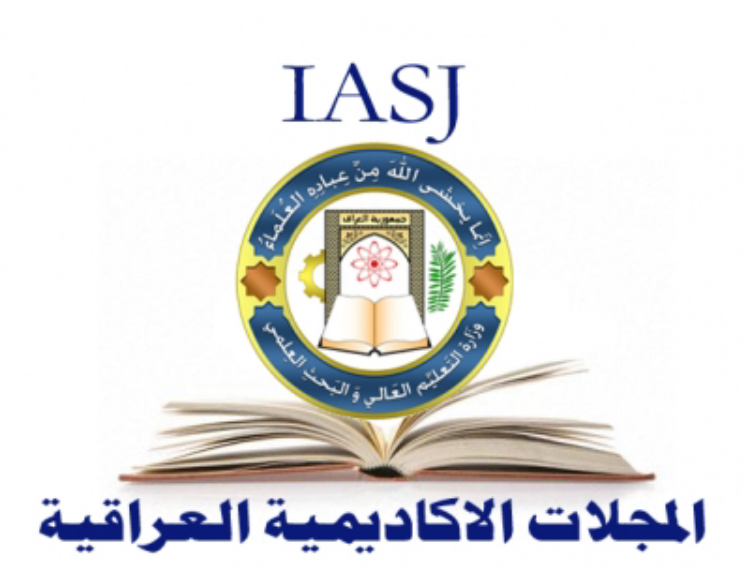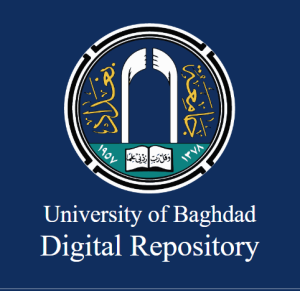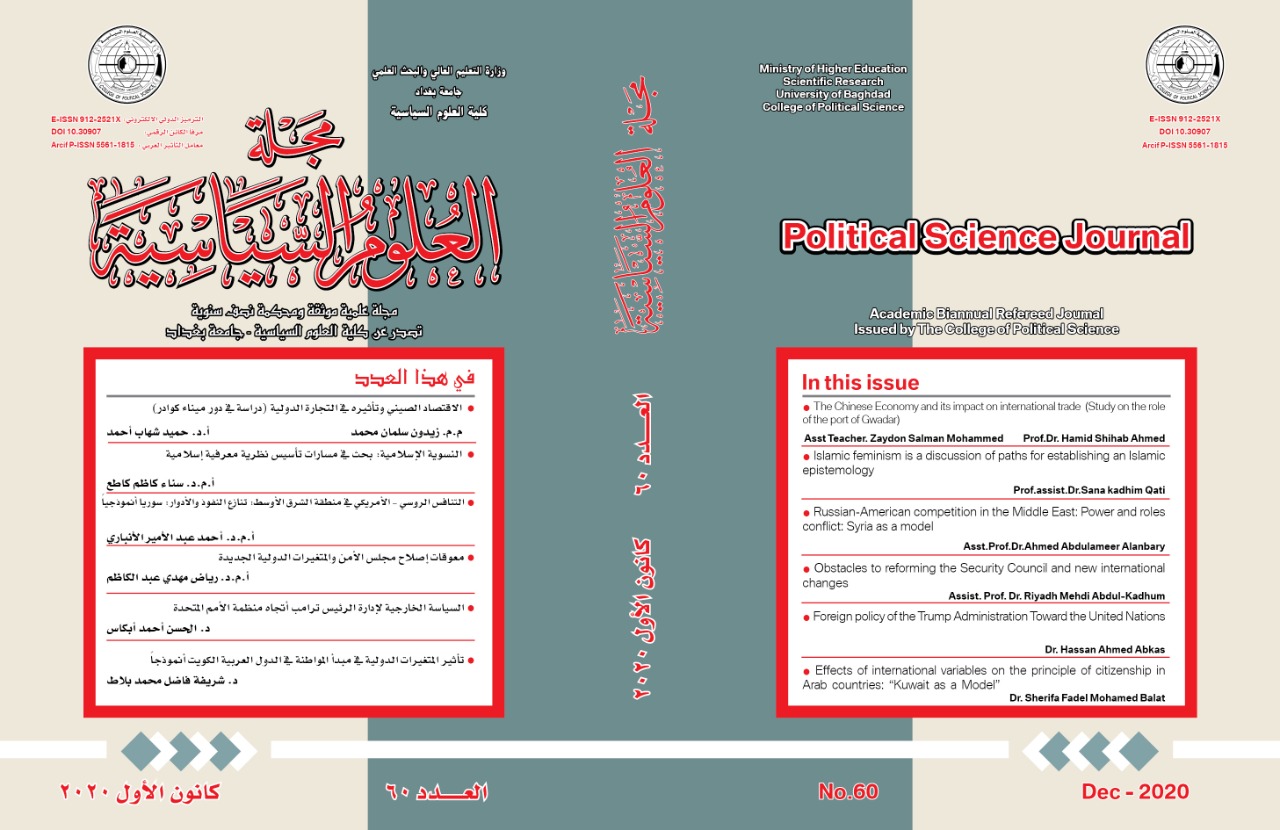Powers and Challenges of the Kuwaiti Parliament: A Comparative Study with the Legislative Councils of the Gulf Cooperation Council (GCC) States
DOI:
https://doi.org/10.30907/jcopolicy.vi69.813Keywords:
The Future of the Kuwaiti Parliament, Authorities of the National Assembly, The State of Kuwait, 1962 Constitution, Elected, Appointed, and Consultative Councils, GCC StatesAbstract
This study examines the constitutional powers of the Kuwaiti National Assembly in legislation and oversight, while identifying the key challenges that hinder the effective exercise of these powers. Despite its broad constitutional authority, the Assembly faces significant obstacles in advancing electoral, societal, and legal reforms. The study adopts a qualitative methodology, including a descriptive analytical approach to understand the nature of the Kuwaiti parliamentary system, a historical approach to trace the pivotal stages since the Assembly’s establishment in 1963, and a comparative approach to analyze Kuwait’s parliamentary experience relative to other legislative bodies in the Gulf region. The findings indicate that Kuwait’s Parliament—one of the earliest legislative councils in the Gulf Cooperation Council (GCC)—holds distinctive authority in legislative, oversight, and financial affairs. However, ongoing tensions between the legislative and executive branches, alongside social, economic, and regional challenges, hinder its institutional development and performance. The analysis shows that Kuwait’s Parliament is unique in its electoral mechanisms, government accountability, and level of independence. Public opinion and political pressures significantly influence its functioning. The study concludes that while the Kuwaiti parliamentary model remains distinctive in the Gulf context, it urgently requires institutional reforms, particularly in enhancing executive-legislative cooperation, combating corruption, and improving electoral laws to promote political stability and equitable representation.
References
أسيري، عبدالرضا..2012 النظام السياسي في الكويت: مبادئ وممارسات. الطبعة 11. الكويت: مطبعة دار الوطن.
آمال، عامر. 2018. "دور مواقع التواصل الاجتماعي في تكوين الوعي السياسي لدى الطالب الجامعي: دراسة مسحية ميدانية لعينة من طلبة كلية العلوم الاجتماعية – مستغانم." دفاتر السياسة والقانون، عدد.1 (مارس): 376-397. https://asjp.cerist.dz/en/downArticle/18/32/1/52429
بوشهري، سعود. 2021. "دور الإعلام في دعم السياسة الخارجية الكويتية في إدارة الأزمات الخليجية." مجلة البحوث المالية والتجارية، عدد.2 (ابريل): 344-306.
https://doi.org/10.21608/jsst.2021.58828.1206
بيت الخليج للدراسات والنشر. 2020. "مؤشر المشاركة السياسية في دول مجلس التعاون الخليجي." بيت الخليج للدراسات والنشر. 14 أبريل 2024.
https://gulfhouse.org/GCCPPI/GH-GCCPPI-2020-AR.pdf.
دستور دولة الكويت. 1962. الموقع الرسمي لمجلس الأمة الكويتي.
https://www.kna.kw/Dostor/Dostor/15/37
الرميحي، محمد. 2004. الحياة السياسية في الكويت. بيروت: دار الساقي.
العرادي، وفاء. 2019. المرأة والمشاركة السياسية: أسباب تباين التمثيل النسائي. الكويت: مطبعة الجليب.
كونا. 2024. "الحملات الإعلامية لمرشحي مجلس الأمة.. أداة الوصول إلى الناخبين وكسب أصواتهم".
https://www.kuna.net.kw/ArticleDetails.aspx?id=3143864
مجلس الأمة الكويتي. 2021. النظام السياسي في الكويت.
https://www.kna.kw/Democratic/DemocraticLife/4/21
المنظمة الدولية لتمكين وبناء القدرات. 2024. ندوة التحديات التي تواجه المرأة الكويتية بعد 16 مايو 2005. ورش عمل وجلسات حوارية، مايو.
المنوفي، كمال. 2010. أصول النظم السياسية المقارنة. الكويت: شركة الربيعان للنشر والتوزيع.
List of References:
Alaradi, W. 2019. “The Decline of Public Support Towards Women Candidates in the Parliament of Kuwait.” Journal of Social Sciences, No.2: 9-38. https://doi.org/10.34120/jss.v47i2.2445.
AlAradi, W. 2019. Women and Political Participation: Reasons for Gender Representation Disparities. Kuwait: Al-Jaleeb Printing. (in Arabic)
Alaradi, W & Johar, H. 2021. “Gulf Cooperation Council: Structural and Political Challenges in Establishing a Unified Regional Gulf Identity (RGI).” Contemporary Arab Affairs, No.2 (June): 77-96. https://doi.org/10.1525/caa.2021.14.2.77.
Albloshi, H. 2018. “Social Activism and Political Change since 2006.” Baker Institute for Public Policy. August 9, 2018. https://www.bakerinstitute.org/research/social-activism-and-political-change-kuwait-2006.
AlMonofi, K. 2010. Principles of Comparative Political Systems. Kuwait: Al-Rabian Publishing and Distribution Company. (in Arabic)
Al-Rumaihi, M. 2004. Political Life in Kuwait. Beirut: Dar Al-Saqi. (in Arabic)
Amal, A. 2018. “The Role of Social Media in Shaping Political Awareness among University Students: A Field Survey Study of a Sample of Students from the Faculty of Social Sciences – Mostaganem.” Political Science and Law Journals 19, No.1 (March): 376-397. https://asjp.cerist.dz/en/downArticle/18/32/1/52429 (in Arabic)
Asiri, A. 2012. The Political System in Kuwait: Principles and Practices. Kuwait: Dar Al-Watan Printing. (in Arabic)
Boushehri, S. 2021. “The Role of Media in Supporting Kuwait's Foreign Policy and Managing Gulf Crises.” Journal of Financial and Commercial Research 22, No.2 (April): 344-306.https://doi.org/10.21608/jsst.2021.58828.1206 (in Arabic)
Constitution of the State of Kuwait. 1962. “Official website of the Kuwaiti National Assembly." https://www.kna.kw/Dostor/Dostor/15/37 (in Arabic)
Crystal, J. 1992. Kuwait: The Transformation of an Oil State. Oxford: Oxford University Press.
Freedom House Score. 2024. Kuwait Report. https://freedomhouse.org/country/kuwait/freedom-world/2024.
Grugel, J. 2002. Democratization: A Critical Introduction. New York: Palgrave Macmillan.
Gulf International Forum. 2024. "Kuwait's Legislative Stalemate and Prospects for Reform." Gulf International Forum. April 12, 2024.Kuwait's Legislative Stalemate and Prospects for Reform - Gulf International Forum
Gulf House for Studies and Publishing. 2020. “Political Participation Index in the Gulf Cooperation Council Countries.” Gulf House for Studies and Publishing. April 14, 2024. https://gulfhouse.org/GCCPPI/GH-GCCPPI-2020-AR.pdf.(in Arabic)
Harb, I. 2023. “Challenges Facing Kuwait’s Parliamentary Democracy.” Arab Center. Washington DC.
Herb, M. 2016. “The Origins of Kuwait’s National Assembly.” LSE Middle East Center. March, 2016. https://eprints.lse.ac.uk/65693/1/39_MichaelHerb.pdf.
International Organization for Empowerment and Capacity Building. 2024. Symposium on the Challenges Facing Kuwaiti Women after May 16, 2005. Workshops and dialogue sessions, May.(in Arabic)
KUNA. 2024. "Media Campaigns of National Assembly Candidates... A Tool to Reach and Win Voters' Support." https://www.kuna.net.kw/ArticleDetails.aspx?id=3143864 (in Arabic)
Kuwaiti National Assembly. 2021. "The Political System in Kuwait.” https://www.kna.kw.(in Arabic)
National Democratic Institute for International Affairs. "Kuwait: Citizens’ Perceptions of Women in Politics. Findings from focus group research conducted in February 2007." https://www.ndi.org/sites/default/files/2204_ku_women_pol_010207_0.pdf.
Puyt, R., J. A. Camargo-Borges, F. G. de Bakker, and M. K. T. de Vries. 2023. “The Origins of SWOT Analysis.” Long Range Planning 56 (3, June): 1–24. https://doi.org/10.1016/j.lrp.2023.102304.
Rod, M. 2023. "Saudi normalization, Israeli-Palestinian relations focus of Abraham Accords hearing."https://jewishinsider.com/2023/03/abraham-accords-capitol-hill-house-foreign-affairs-middle-east-subcommittee-saudi-arabia/.
Tetreault, M. 2000. Stories of Democracy: Politics and Society in Contemporary Kuwait. New York: Columbia University Press.
Wootton, D. 1996. Modern Political Thought: Readings from Machiavelli to Nietzsche. Cambridge: Hackett Publishing Company.
Downloads
Published
Issue
Section
License
Copyright (c) 2025 وفاء العرادي

This work is licensed under a Creative Commons Attribution 4.0 International License.






 ©️ 2023 The Author(s). Published by College of Political Science, University of Baghdad. This is an Open Access article distributed under the terms of the
©️ 2023 The Author(s). Published by College of Political Science, University of Baghdad. This is an Open Access article distributed under the terms of the 












